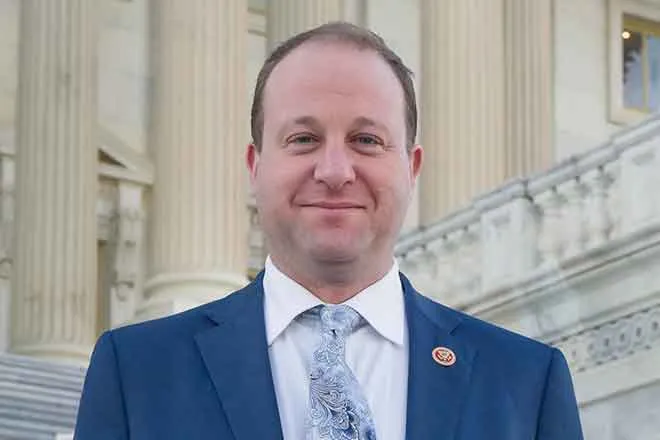
Report ranks Colorado #2 in nation for charter school laws
(The Center Square) – A report by an education policy nonprofit ranks Colorado second in the nation for its charter school laws.
The National Alliance for Public Charter Schools (NAPCS) released the report Thursday. It compares state charter school laws against the organization’s “model law,” which is based on 21 criteria like accountability, authorization, flexibility, performance-based contracts, and funding equity.
Colorado scored 181 out of a total of 240 points because the state has no cap on charter school growth, allows a variety of charter schools, and provides a clear process to renew charters.
These three criteria also contributed to the year-over-year growth in states like New York, South Carolina, and North Carolina, according to the report. Pennsylvania was the only state that grew out of the bottom 10 states, specifically because of the growth in full-time virtual charter schools in the state.
According to Todd Ziebarth, NAPCS’ senior vice president of state advocacy, flexible and nimble charter school laws will allow the state to meet the increased demand for alternative education models following the COVID-19 pandemic.
"In the months ahead, the National Alliance will be watching to see whether states and the federal government will enact changes that impact critical measures of a strong charter school law, such as the ability to have or maintain non-district authorizers,” he said.
Ziebarth cautioned that only having district authorizers clearly suppresses the growth of charter schools, making it more difficult to meet increased parent demand at a time when they need it most.
For example, Indiana’s charter school laws include multiple authorizers, which has helped the state rank first in NAPCS’ report for six consecutive years.
The report identified two areas of opportunity for Colorado to improve its charter school system. First, it recommends the state should strengthen equitable access to capital funding and facilities. Second, it recommends the state improve accountability for full-time virtual charter schools.

















